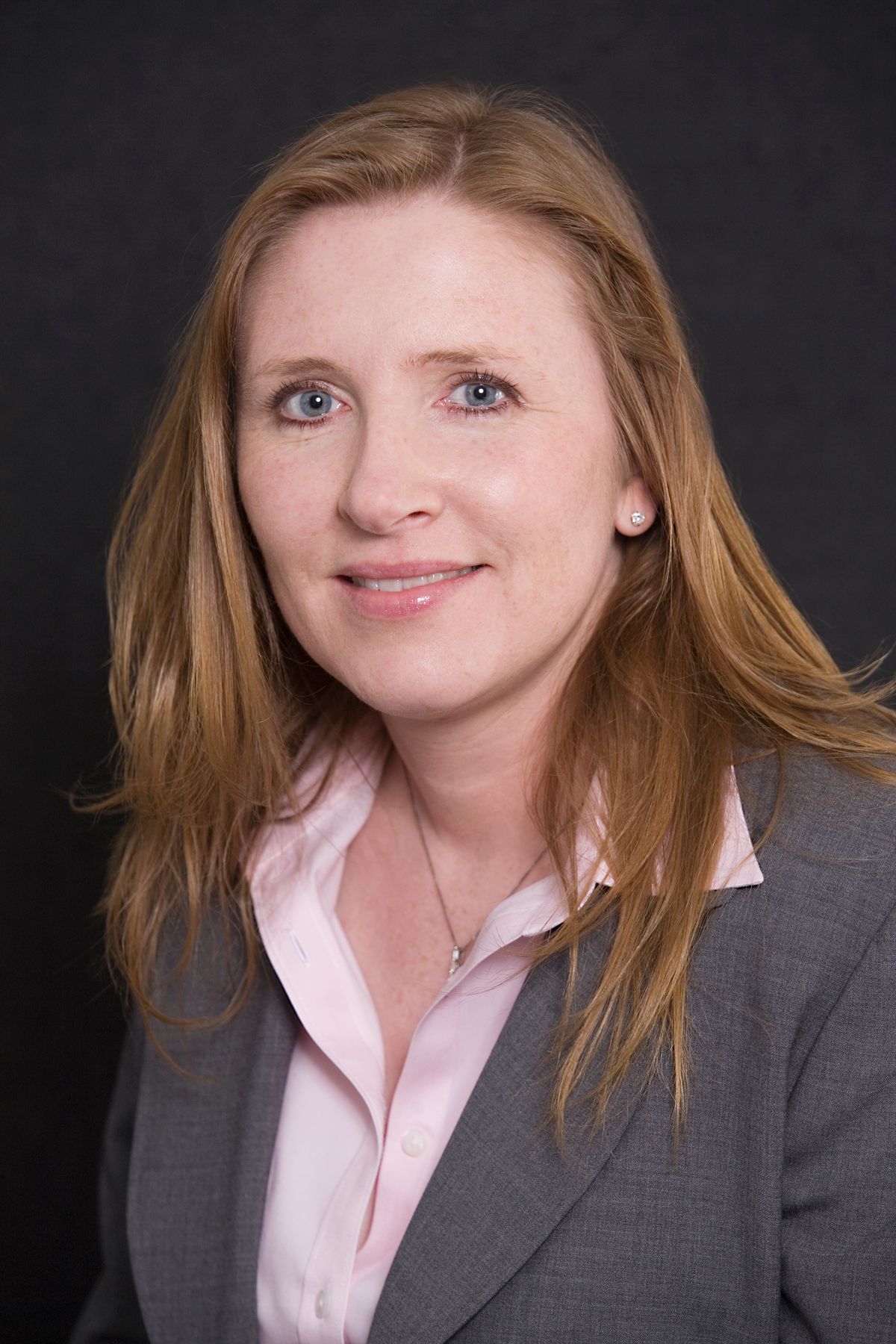NP Week: Driving Innovation in Retail Health
In honor of NP Week, Contemporary Clinic interviewed its Editor-in-Chief Tine Hansen-Turton, MGA, JD, FCPP, FAAN, CEO of the National Nursing Centers Consortium and Executive Director of the Convenient Care Association.

In honor of NP Week (November 8-14, 2015),Contemporary Clinicinterviewed its Editor-in-Chief Tine Hansen-Turton, MGA, JD, FCPP, FAAN, CEO of the National Nursing Centers Consortium and Executive Director of the Convenient Care Association (CCA), the national trade association of the private-sector retail clinic industry.
1. What inspired you to create the CCA?
I started working with retail clinics in 2002 after investors reached out to me seeking guidance and information about nurse practitioner (NP)-led models of health care. I have spent more than 20 years working with many partners to promote nurse-led care and successfully positioning NPs to operate as full primary care providers and run nurse-led clinics.
Early on, I strategized with investors to replicate the nurse-led model and create retail clinics. While I had the opportunity to go in-house with a couple of retail clinic organizations, I was drawn more to the opportunity to work with all of the organizations to position this incredible new accessible model of care on a national scale.
In 2006, during a meeting with now-members of CCA, it became obvious that we needed to create a trade association, and I was asked to lead it. With the support of Web Golinkin at RediClinic and Hal Rosenbluth, founder of Take Care Health Systems, we were able to get the rest of those in the industry involved.
From the outset, the strength of CCA has been that it is 100% driven by its membership, which remains true today. It has been an honor and a privilege to help a new health care movement take foothold and become so successful so quickly.
I credit the members, the Board of Directors, and our customers for going above and beyond in collectively creating this movement.
2. Why did you choose to become the Editor-in-Chief of a journal for NPs [and physician assistants (PAs)] working in retail health?
I’m passionate about advancing both the NP and PA professions. Education and collaboration is a big part of successful advocacy efforts, whichContemporary Clinicbrings to its readers.
What began as the simple idea that people deserve greater access to high-quality and affordable basic health care has turned into a revolution of care delivery models, which continue to innovate, grow, and expand. Leading the charge is the retail industry and all of the NPs and PAs on the front lines in the clinics.
With our highly skilled NPs and PAs, we are shortening the care gap and expanding access in community settings that are both familiar and affordable to patients in need of care. At a time when health care costs have skyrocketed, we continue to offer the best alternative to patients, and the need is evident in our rapid growth.
Just think about it. In 2001, we had a few clinics operating in Minneapolis. Fast forward to today, and we have more than 2000 clinics in more than 40 states around the country.
Of course, none of this would be possible without the compassionate and dedicated work of our clinicians who continue to be the faces of our industry.
3. What are some opportunities for NPs working in retail health versus other settings?
This is an exciting time for the retail health industry as we continue to gain wider recognition as a critical part of the health care delivery system with the knowledge that we are a positive force, continuously disrupting care modalities in a positive way.
NPs and PAs in retail clinics are in a unique position of being on the front lines of innovation. The clinics are using technology and other telehealth services that many other ambulatory and primary care settings are not.
The competencies of the retail clinic providers include not only clinical skills but also business acumen and patient experience excellence. This holistic skill set is what makes NPs and PAs working in the clinics outshine their peers.
4. How do you see those opportunities expanding?
As natural educators and teachers, NPs and PAs in retail clinics are using their skills to help prepare the next generation of advance practice, non-physician health care providers. At a time when there’s a critical shortage of primary care providers, our clinicians have accepted the call to action by mentoring and precepting nursing students.
Innovation and technology will continue to evolve in health care, and retail clinic providers will play a pivotal role in expanding access to convenient, affordable, high-quality health care through innovative programs and services.
5. Where do you hope the future of retail health is headed?
What really sets retail clinics apart is that they brought the consumer voice into health care, and that voice is getting stronger every day. We have and will continue to capitalize on it, as that is what drives our success as an industry, because accessible, affordable, high-quality health care never goes out of style.
Our industry is driven by innovators, or as Harvard professor Clayton Christensen calls our members, “disruptive innovators!” As an industry, we will continue to evolve and grow through innovations, which include the use of new technology and continually pushing the status quo.
We will continue to disrupt what we already do because it’s in the industry’s DNA. We will continue to work toward more efficiency and quality in the health care system, which will be a win-win for all.
At the heart of retail health is partnership and collaboration among NPs, PAs, and pharmacists. Through disruption and partnerships, we’ll improve the services that we offer as we continue to be a force of innovation in the health care landscape.
